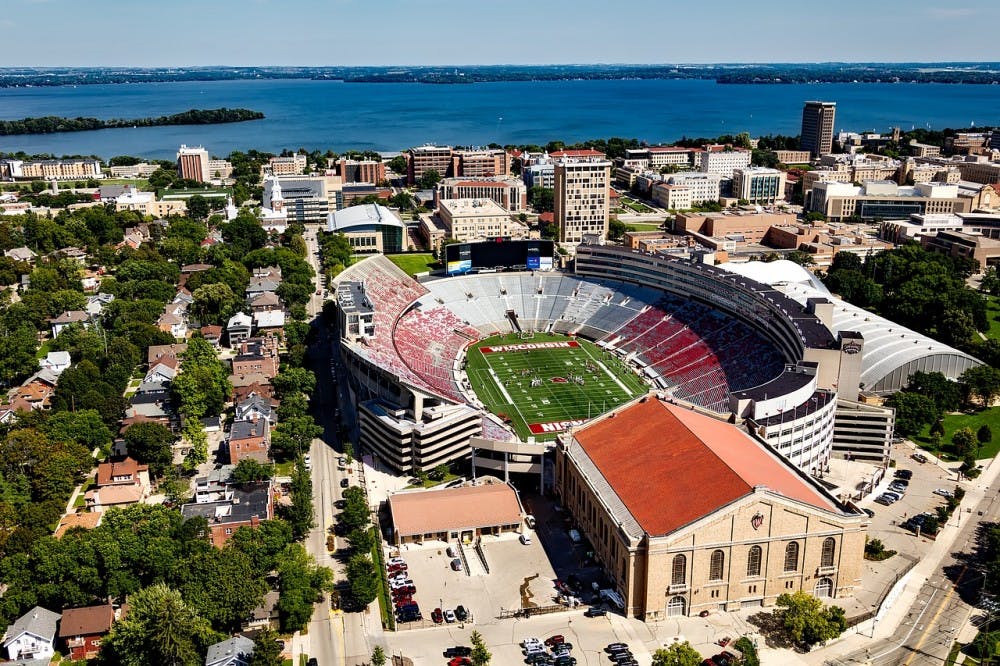
Students who disrupt guest speakers with opposing views can now get suspended, or even expelled, at the University of Wisconsin.
The Board of Regents of the University of Wisconsin System last Friday passed a measure that would allow the thirteen schools within the UW system to punish disrupters of free speech on their campuses. The legislation comes after a series of student protests over conservative speakers sparked a national debate on freedom of speech in universities across the country.
The new policy enforces a minimum of a one-semester suspension for students who are “responsible for misconduct that materially and substantially disrupts the free expression of others.” Students who are cited three times will be expelled from the university.
Prior to the passing of the legislation, several board members expressed the reasoning behind their decision.
“I feel the pain when I hear an opinion I vehemently disagree with, but any limitation to this type of conversation cannot be accepted,” Regent Jose Delgado said. “And it would be a scandal to do so at our university, which is why I support the policy.”
“[The new policy] is not intended to chill free expression, but to preserve it and to make clear to those who would suppress it that we intend to cover the ability to talk to people with whom we disagree,” Regent Robert Atwell said.
The Capital Times, a newspaper company based in Madison, Wis., published an editorial on Wednesday, condemning the Board of Regents’ decision to “restrict First Amendment rights on UW campuses.”
“The regents have voted to dumb down the discourse on UW campuses, to restrict robust debate, and to tell students that their views matter less than those of visiting provocateurs,” the editorial reads.
Free speech has been a hot topic on campuses across the country, including Penn's. In 2015, Penn was the only Ivy League university to maintain a “green light” rating by the Foundation for Individual Rights in Education, an award given to universities whose policies do not impede students’ right to free speech.
More recently, comments made by Penn Law professor Amy Wax, suggesting that Anglo-Protestant culture was superior to other cultures, have incited campus-wide backlash, with some questioning whether she should be allowed to continue teaching. On Sept. 9, students also stood in silent protest as a controversial critic of the Black Lives Matter movement, Heather Mac Donald, spoke on campus.
The University of Wisconsin — Milwaukee was not listed in FIRE’s speech code report this year. However, the University of Wisconsin — Madison and five other UW schools were included, with the flagship university and four others receiving either a “yellow light” or “red light” rating.
The Daily Pennsylvanian is an independent, student-run newspaper. Please consider making a donation to support the coverage that shapes the University. Your generosity ensures a future of strong journalism at Penn.
Donate




